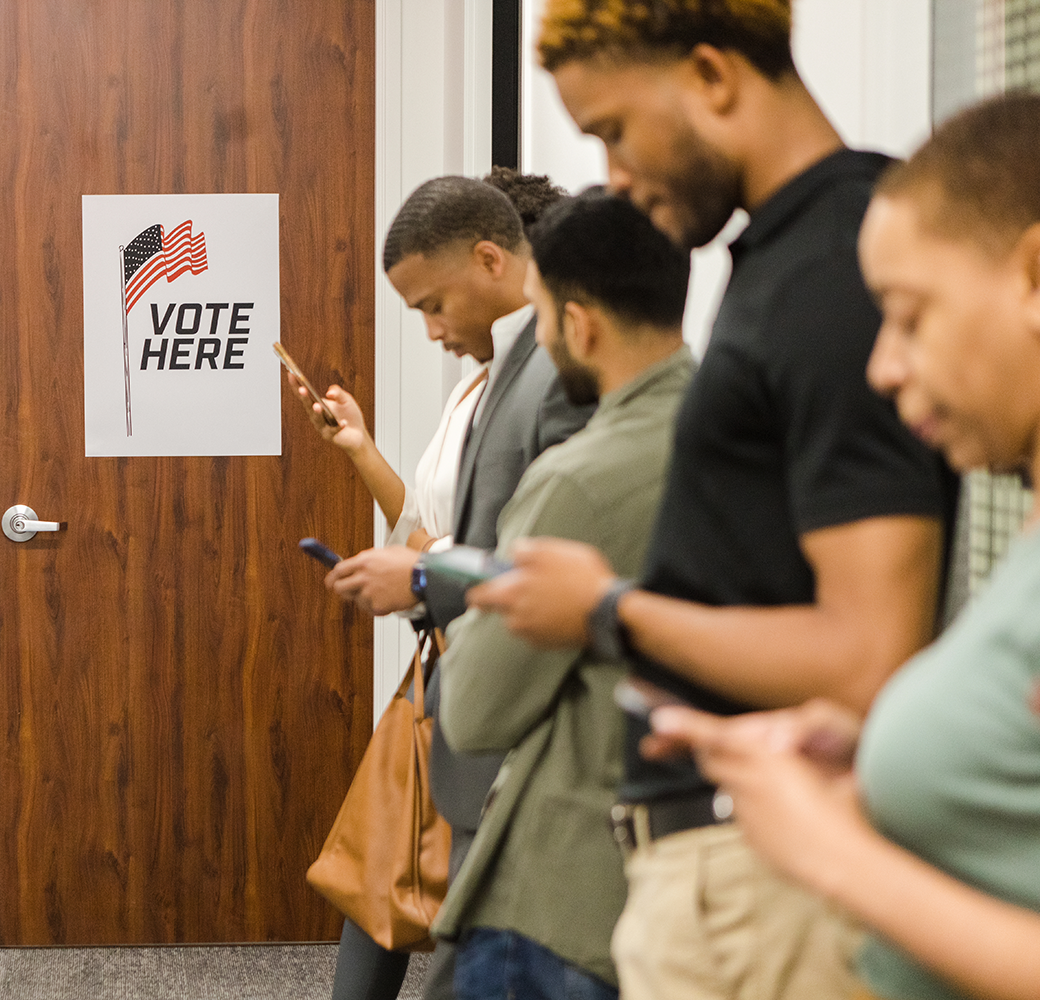Elections are a cornerstone of our society. However, some cybercriminals don’t respect the sanctity of our voting process. In this digital age, election time and voting scams have presented new challenges for the security of our democratic institutions. Here are five ways you can stay safe online as you head to the polls, whether you’re voting early or hitting the voting booth on election day.
1. Look out for a rise in phishing attempts
Traditionally, phishing attempts increase when big events, like elections, are on the horizon. Cybercriminals engaged in phishing often impersonate legitimate entities, like campaigns, to acquire sensitive information. Scammers will send emails, text messages, or social media messages masquerading as official election authorities, political campaigns, or candidates. These messages may contain false information, request personal details, or provide links to malicious websites. To avoid falling victim, always be skeptical of unsolicited messages, verify the sender’s legitimacy, and never click on suspicious links. Look to your federal, state, or city governments for official election information.
2. Be aware of fake election websites
Malicious actors create fake election websites that mimic legitimate platforms to deceive voters. These sites can be used to defraud people by asking for phony donations. They’re also created to spread misinformation, collect data, or distribute malware. Access election-related information through official government websites with secure connections (https://) and be extremely cautious about clicking links shared through social media or emails.
3. Watch for voter suppression tactics
Election scammers have exploited voter suppression tactics to impact how people participate in the democratic process. This includes spreading misinformation about polling locations, voting dates, or eligibility requirements. Always use official government sources when it comes to looking up voting information. Report any suspicious activities to election authorities.
4. Check for fake voter registration drives
Scammers have used social media to fool potential voters into thinking they can vote through a website, text message, or phone. Not only is this voter suppression, but cybercriminals might use these tactics to steal your personal data. Scammers may pose online as volunteers or political party representatives, manipulating individuals into providing sensitive details. Use federal government resources to register to vote or check your voter information. No states allow registering to vote over the phone.
5. Be on alert for robocall and phone scams
During election seasons, robocalls and scammers can spread misinformation, intimidate voters, or provide false instructions. They might even ask for money and lead you to believe you’re donating to a campaign. Hackers can “spoof” phone numbers and impersonate official organizations. Always be vigilant, and you can opt to donate through verified websites. Be suspicious about unsolicited calls, and never share personal information with someone who calls you. Report suspicious calls to relevant authorities, and consider using call-blocking systems to filter out potential scams.
Help protect yourself and our democracy
Democracy is precious, and protecting our electoral process in our connected age should be important to everyone. You can help play a part by learning to avoid election scams, reporting any suspicious election-related activity you come across, and teaching others about scams and voter suppression. As responsible citizens, let’s embrace our role in ensuring a secure and transparent democratic process for generations to come.


